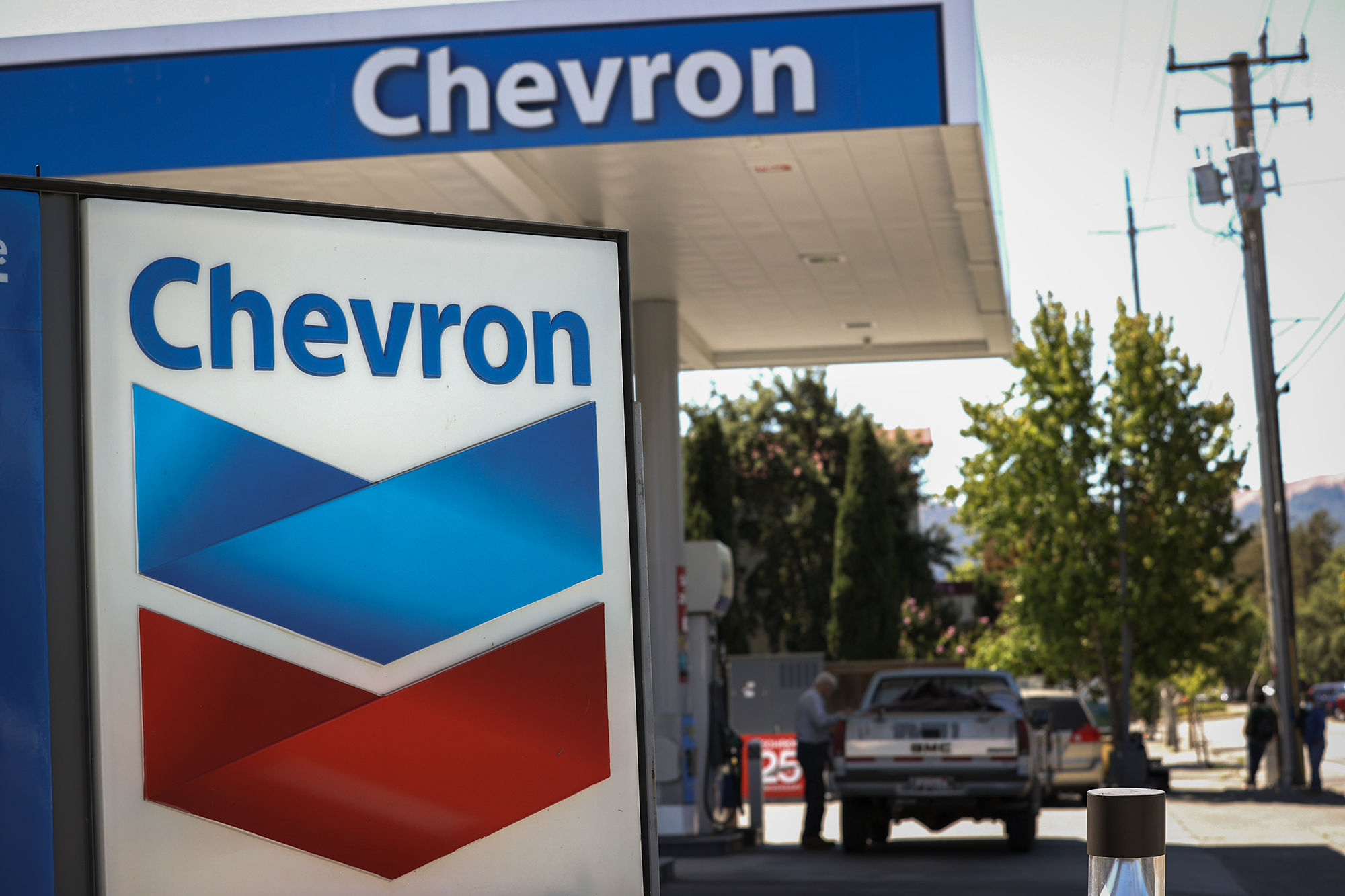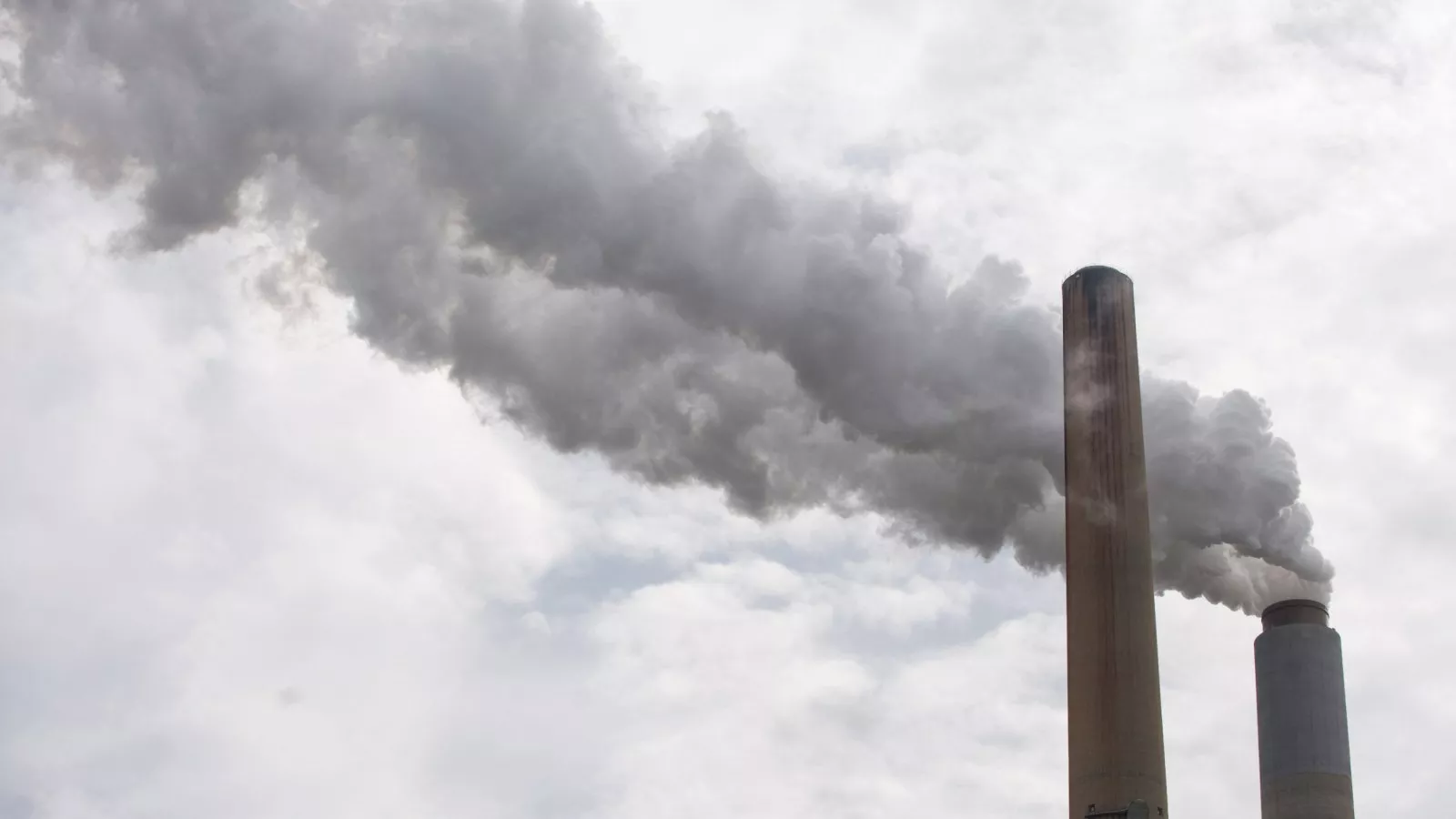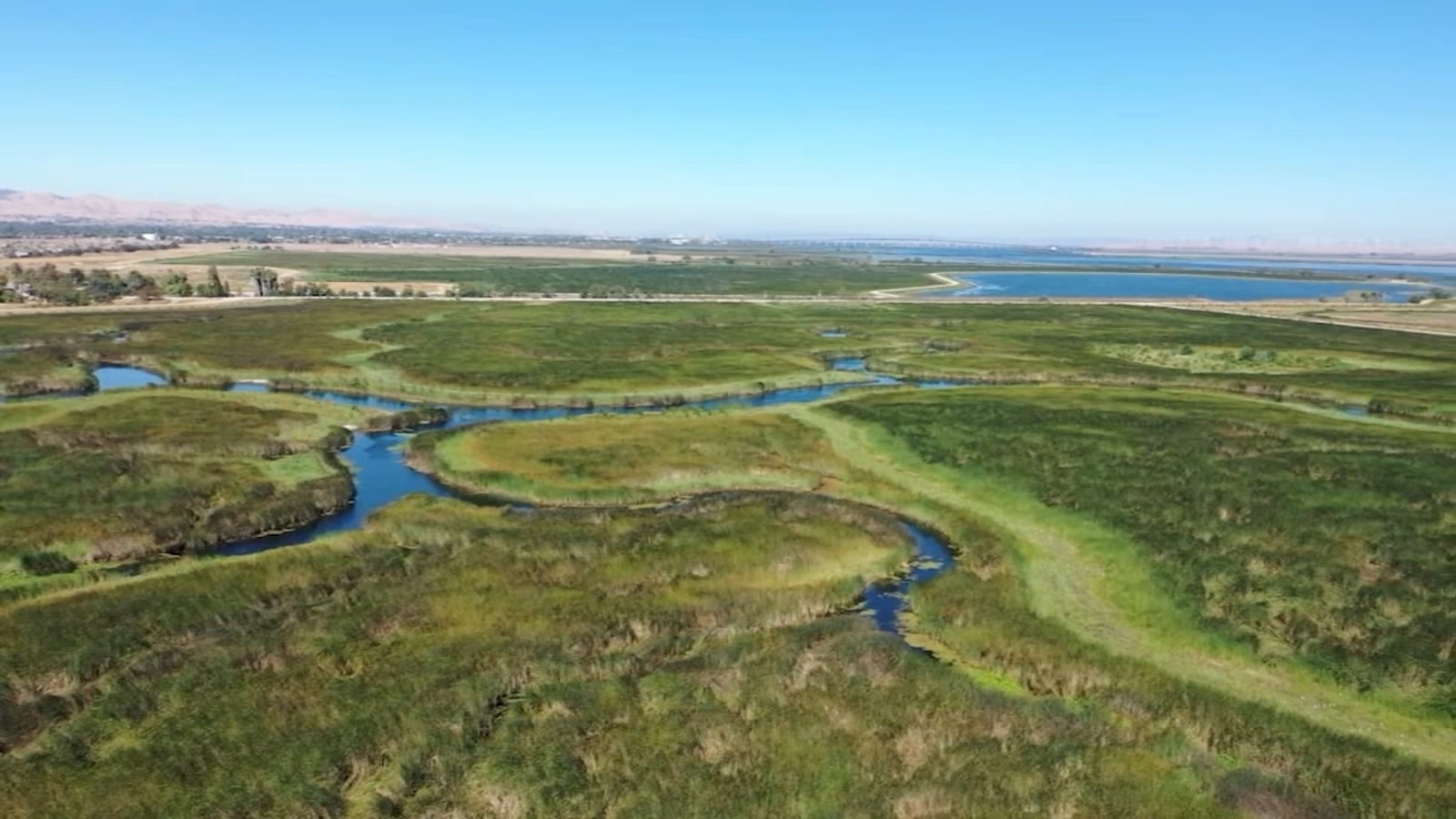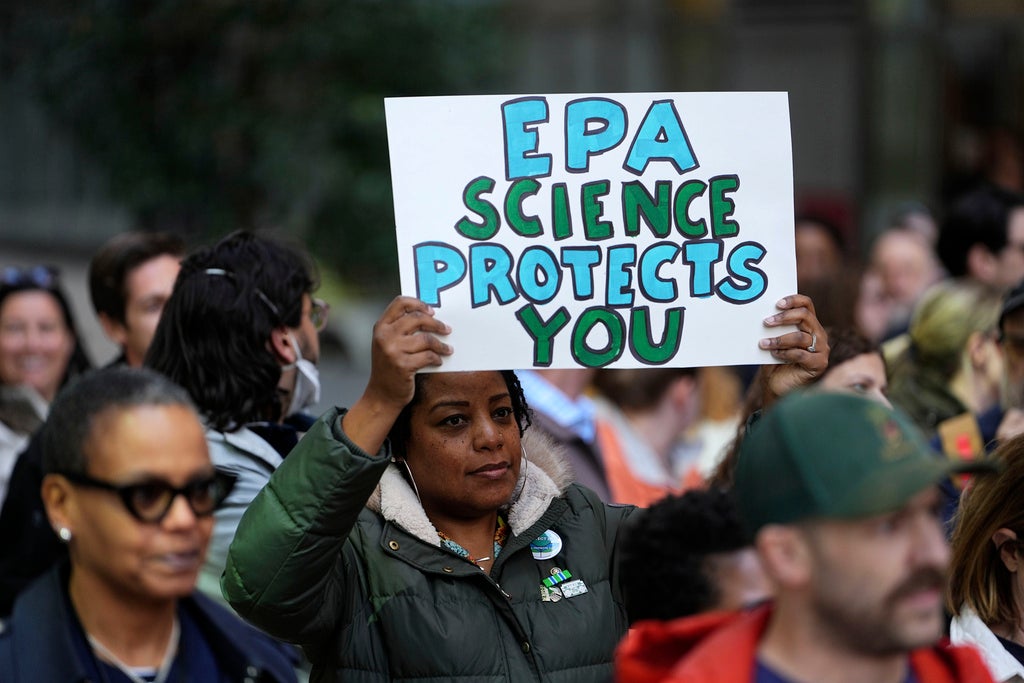Climate Courtroom Showdown: Can Big Oil Be Held Accountable for Disaster Damages?

In a bold legal maneuver reminiscent of the landmark tobacco industry lawsuits, states and counties are now targeting oil companies with a similar strategy, seeking to hold them accountable for climate change damages they have long denied.
Drawing inspiration from the successful litigation against Big Tobacco in the 1990s, local governments are crafting legal arguments that aim to make fossil fuel giants pay for the environmental and economic consequences of their actions. These lawsuits allege that oil companies knew about the potential climate risks decades ago but deliberately misled the public about the impacts of their products.
However, the path to legal victory is far from smooth. Oil companies are mounting aggressive defenses, challenging jurisdictional claims and arguing that climate change is a global issue beyond the scope of local courts. Complex legal hurdles, federal preemption arguments, and the sheer financial might of the energy industry present significant obstacles to these ambitious legal challenges.
Despite the challenges, proponents of these lawsuits remain hopeful. They see this legal strategy as a potential breakthrough in holding corporations accountable for their role in climate change, potentially forcing meaningful action and financial compensation for communities already experiencing devastating environmental impacts.
The outcome of these cases could set a precedent with far-reaching implications for corporate responsibility and environmental justice.








